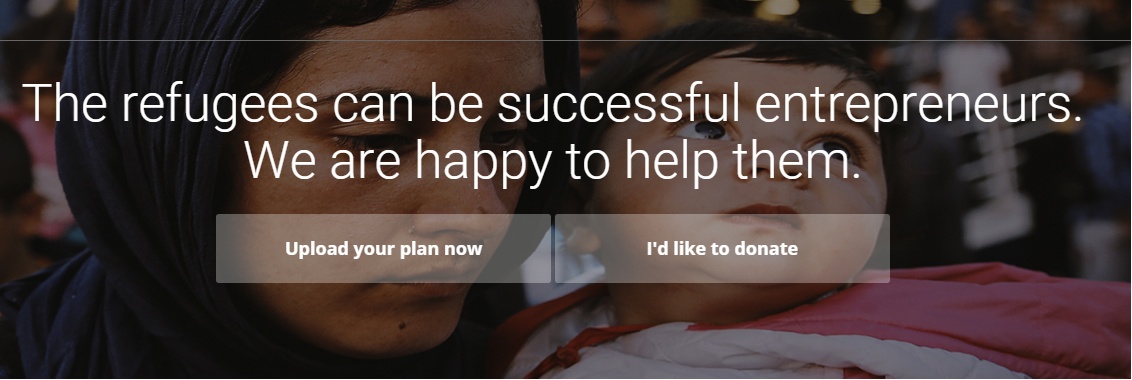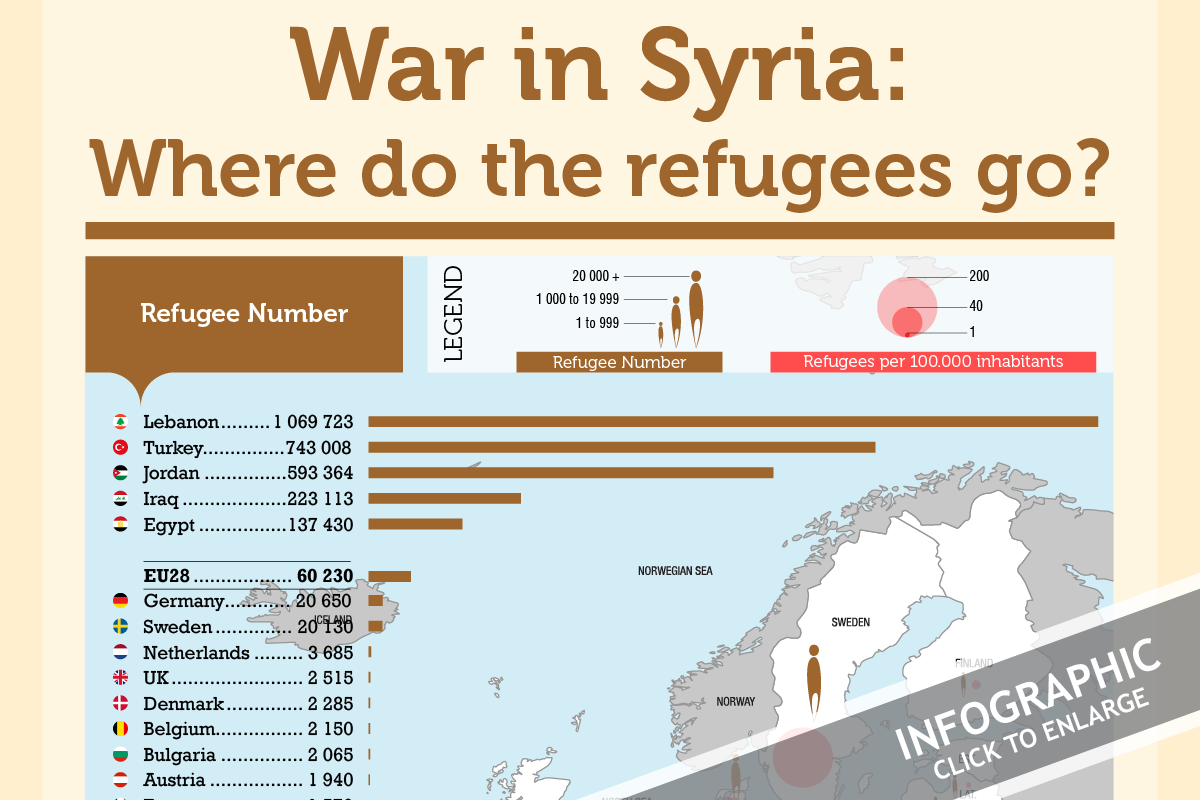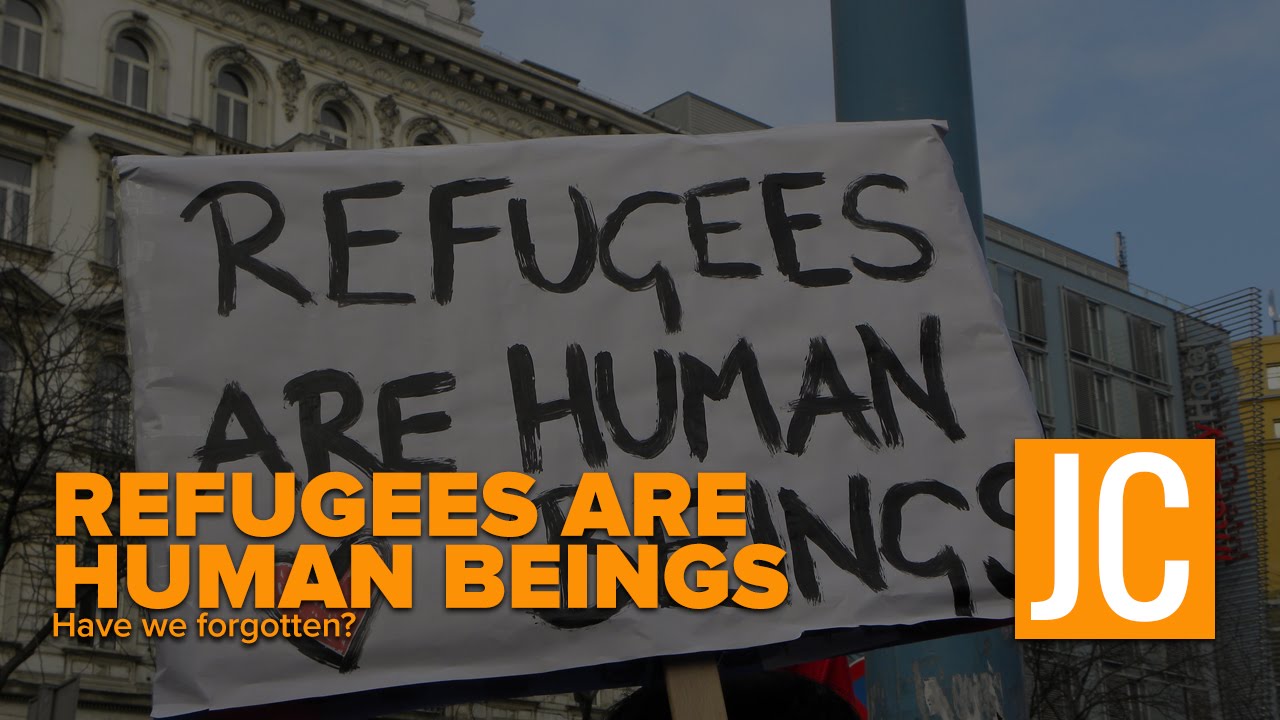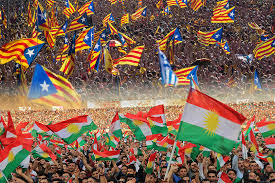It is often seen in the media, how protests in defense of immigrants’ rights and especially of their place in the host countries have been characterized by banners that emphasize how much value they add to the society, how they ‘get the job done’ or how they ‘do the jobs no one else wants to do.’

There is no doubt that what happens often in a country that hosts immigrants, is that they end up becoming the part of the society that has to work harder to provide for themselves and their families. However, in the eyes of the local people, immigrants tend to become reduced to only their function in the society and how useful they are. It is unusual to hear them being portrayed as more than that, as human beings that don’t differ much from the local people and do the same things as they do. Immigrants become ‘othered’ in the society; it is them vs the ‘hosts’.
It is important to say it loud and clear that immigrants are not instruments to better your society and their worth is not determined by how much they work or if they bring any substantial change to the community they are part of.

To the people that complain about the flood of immigrants in their countries, I would say this: immigrants are human beings who have left their homes because they were forced by some risky circumstances or lack of economic opportunities. They are not in your country to ‘steal your job’ or ‘invade your country’. Nobody would willingly stay in a society in which they are oppressed and have to prove themselves all the time just because the color of their skin isn’t ‘the right one’, or because their accent is ‘too strong’ to fit the accent of the Native speakers.
They get the job done, especially the job that you don’t want. And when they get the job that YOU want, they have to fight against all the prejudices and the systemic oppression they have on a daily basis and even end up being underpaid due to their legal status. They suffer and earn it.
If you are a supporter of immigrants but emphasize the whole ‘immigrants are hardworking’ rhetoric, you are wrong too. ‘Immigrant’ is just a legal name and doesn’t define a person. The individual you call an ‘immigrant’, it is a human being first, just like you. And just like you, they face the same personal problems.
Not all immigrants are very hardworking, and that’s fine. Not all immigrants are stable and strong. Some of them face mental health issues and deal with trauma. Some of them have to deal with their own concerns. As soon as the ‘hardworking immigrant’ narrative starts to fade, many turn their backs on them. Suddenly, they don’t ‘deserve’ their place in that society anymore. Suddenly, they have to go where they came back from. Unfortunately, immigrants are important to you because of the benefits they bring to your community.
There is a simple thing you should do : Consider them as you would consider yourself. Don’t other them. Don’t categorize them. Don’t diminish them to one thing only. Don’t make them objects, don’t use them for your ‘so-called activism’. Support and help them because they are humans not because they are immigrants. Don’t ever pity them, because that’s the worst you could do for them. They don’t need you to feel sorry for them. What they need is solidarity, unconditional solidarity.
About the Author :

Rina Cakrani is a graduate of the United World College of the Adriatic and is currently studying Politics and Spanish at Whitman College in Washington. She has a keen interest in international relations and affairs and is also very passionate about writing.







